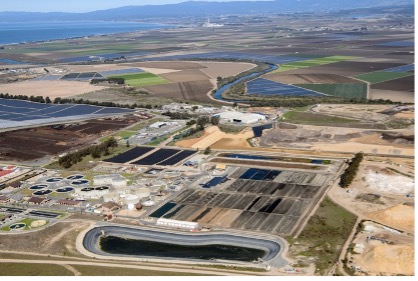Water Board Releases Draft Direct Potable Reuse Regulations
The California State Water Resources Control Board (Water Board) released an advanced copy of the highly anticipated Direct Potable Reuse (DPR) regulations. The 45-day comment period and Administrative Procedures Act formally began on July 21. The Water Board is planning to conduct a workshop on the regulations on Thursday, September 7, with final approval planned for the second week in December.
Below are some preliminary observations from the WateReuse California (WRCA) Direct Potable Reuse Working group:
- The draft regulations provide new flexibility in specific sections. Of note, they now define pathogen control credits for DPR projects using reservoirs, groundwater aquifers, and blending. WRCA requested these modifications to help differentiate the public health benefits provided by raw water augmentation and treated water augmentation projects that use these features.
- WRCA requested a broadening of the “alternatives clause” to cover more than the chemical control criteria. The Water Board did not include a broad-reaching clause.
- Regulations continue to require each DPR project to conduct a quantitative risk assessment on chemical contaminants despite WRCA’s request to assign a single entity responsible for uniform guidance on chemical monitoring for DPR.
- The draft regulations allow greater flexibility in Biological Activated Carbon design. Projects can either use a default 15-minute empty bed contact time, or propose an alternative based on the results of pilot testing.
- Modifications to the monitoring requirements include a reduction in the frequency of Total Organic Carbon measurements from once every 5 minutes to once every 15 minutes.
- The initial review suggests that sewershed surveillance within the collection system may now not be a requirement. It appears that DPR projects can monitor for chemical peaks at the treatment facilities instead. This is still under review.




 @CASA_CleanWater
@CASA_CleanWater